

Choosing the right cabinet screws can make or break your woodworking project. This comprehensive guide will walk you through everything you need to know to select the perfect screws for your needs, ensuring a strong, durable, and aesthetically pleasing result. We'll cover different screw types, materials, sizes, and installation techniques to help you navigate the world of cabinet hardware.
Not all screws are created equal. The type of cabinet screws you choose will depend on the material you're working with and the desired outcome. Here are some popular options:
These are the most common type of screw used for cabinetry. They come in various lengths and diameters, and their sharp points make them easy to drive into wood. Look for screws with a coarse thread for increased holding power in softer woods, and fine threads for harder woods. Consider using a countersinking bit to create a neat, flush finish.
These screws are designed to create their own threads as they are driven into the material. They are useful for working with harder materials like metal or plastic, although also used successfully with wood. They can provide a secure and time-saving solution, especially when working with pre-drilled holes is difficult.
While typically used for drywall, some drywall screws can be used in softwood cabinet construction, provided the right size and length are chosen. These offer a cost-effective option but are generally not recommended for high-stress applications or when using hardwoods.
The size and material of your cabinet screws are crucial for ensuring strength and durability. Consider these factors:
Screw sizes are expressed in inches, usually including the length and diameter. Choose a screw length that's long enough to penetrate deeply enough into the connecting material, providing sufficient hold. For example, when joining two pieces of ? thick wood, a screw that's at least 1 ? long is recommended. A longer screw ensures greater holding power, especially with heavier cabinets.
Cabinet screws are commonly made from steel, brass, or stainless steel. Steel screws are the most affordable but prone to rusting. Brass screws offer a more aesthetically pleasing finish and are resistant to corrosion. Stainless steel screws are the most durable and rust-resistant option, making them ideal for areas exposed to moisture.
Proper installation is key to ensuring strong, lasting joints. These tips can help:
You can find a wide variety of cabinet screws at most home improvement stores, both online and brick-and-mortar locations. For specialized screws or large quantities, consider contacting a woodworking supplier or checking online retailers. If you are seeking high-quality screws at competitive prices, consider contacting Hebei Muyi Import & Export Trading Co., Ltd. at https://www.muyi-trading.com/ for a diverse selection of fasteners.
Q: What is the difference between coarse and fine thread screws?
A: Coarse thread screws offer greater holding power in softer woods, while fine thread screws are better suited for hardwoods to prevent splitting.
Q: How do I prevent wood from splitting when using screws?
A: Pre-drilling pilot holes is crucial to prevent splitting, especially when using hardwoods or longer screws.
Q: What type of screw is best for outdoor use?
A: Stainless steel screws are ideal for outdoor use due to their superior corrosion resistance.
| Screw Length (inches) | Suitable Wood Thickness (inches) | Recommended Application |
|---|---|---|
| 1 | Up to ? | Thin wood, trim |
| 1 ? | ? - 1 | Standard cabinet construction |
| 2 | 1 - 1 ? | Thicker wood, heavy-duty applications |


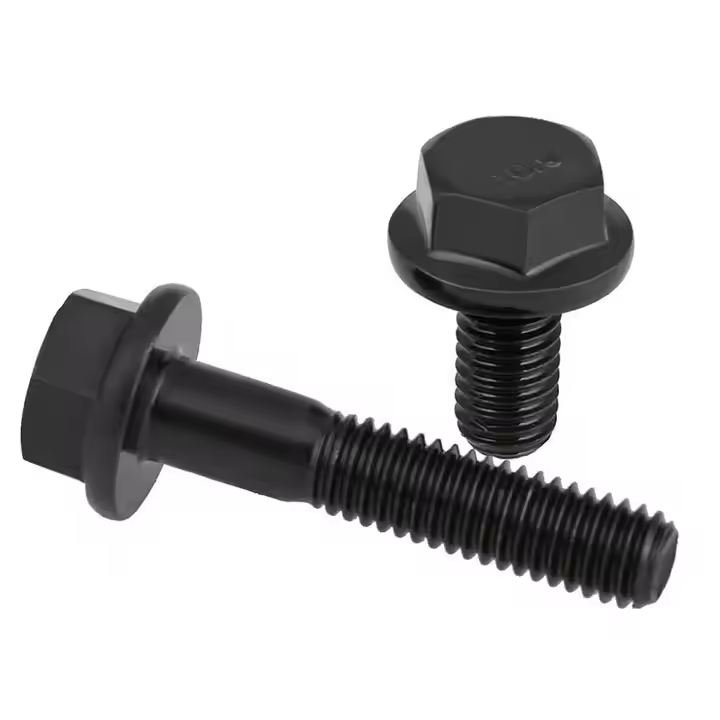
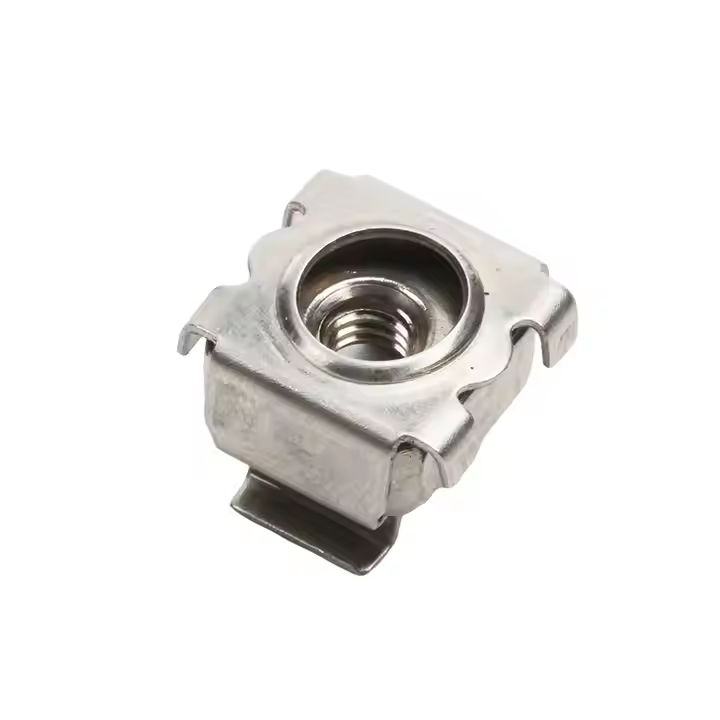

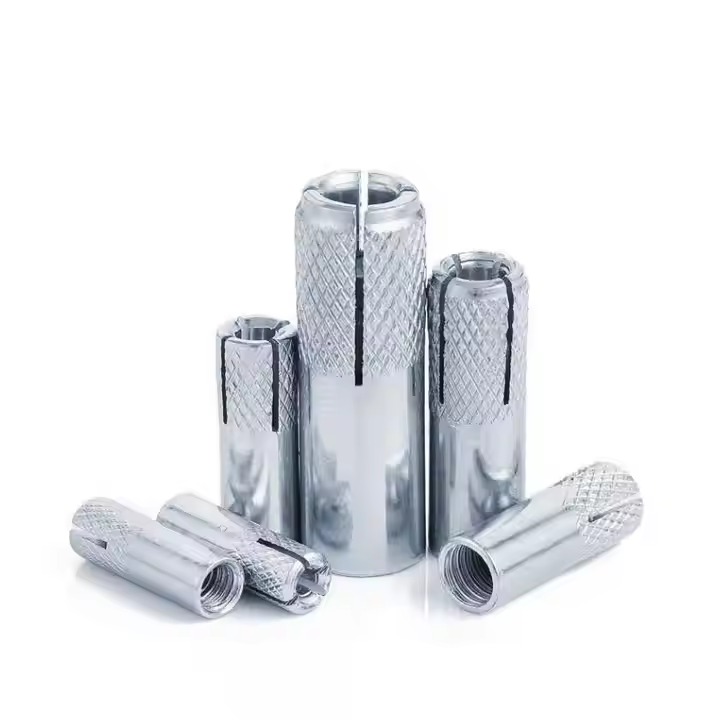
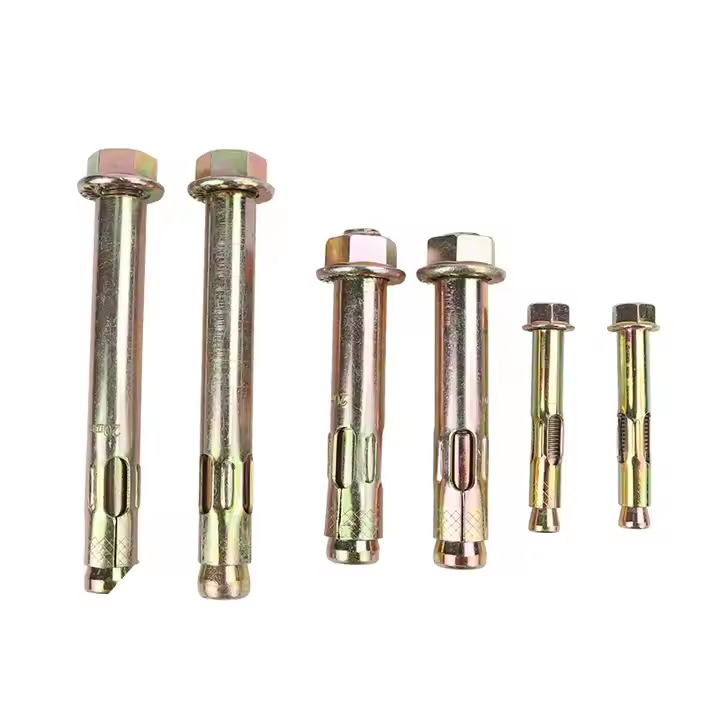


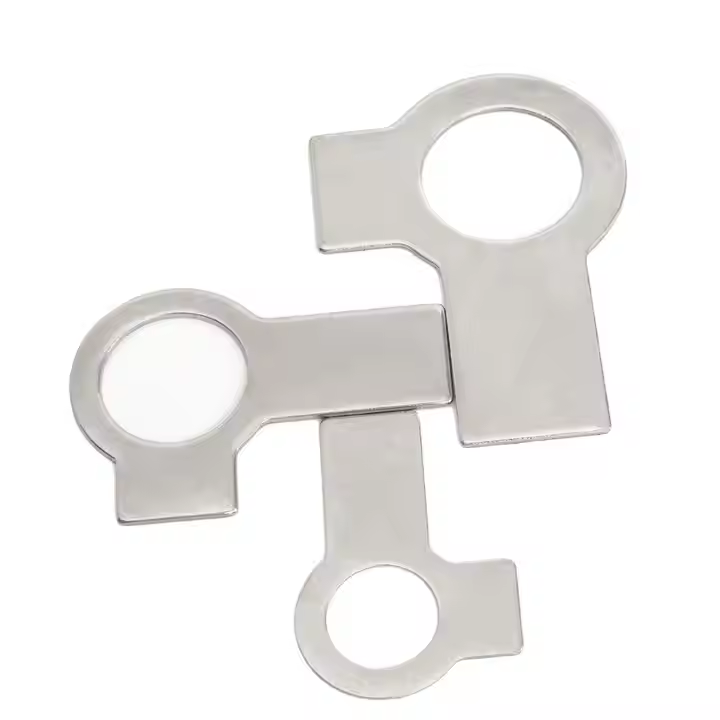
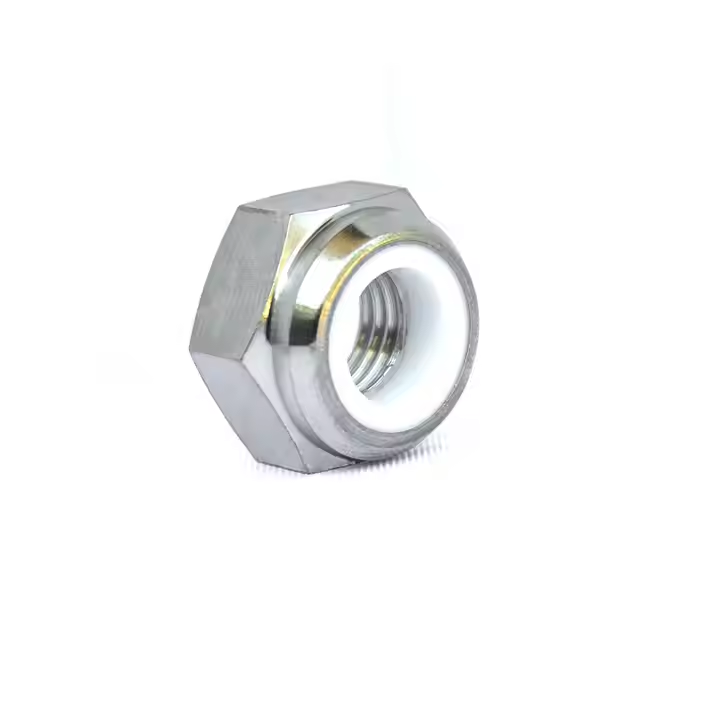
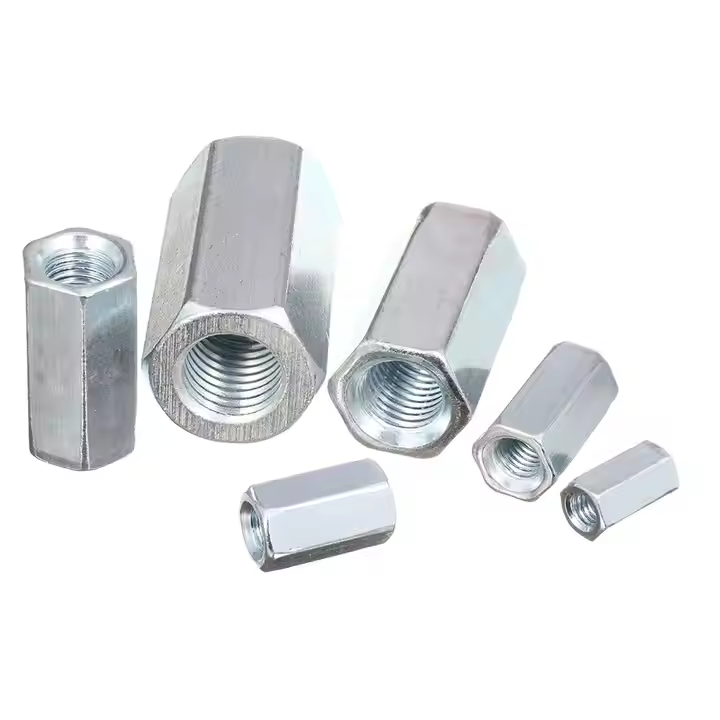

Please enter your email address and we will reply to your email.